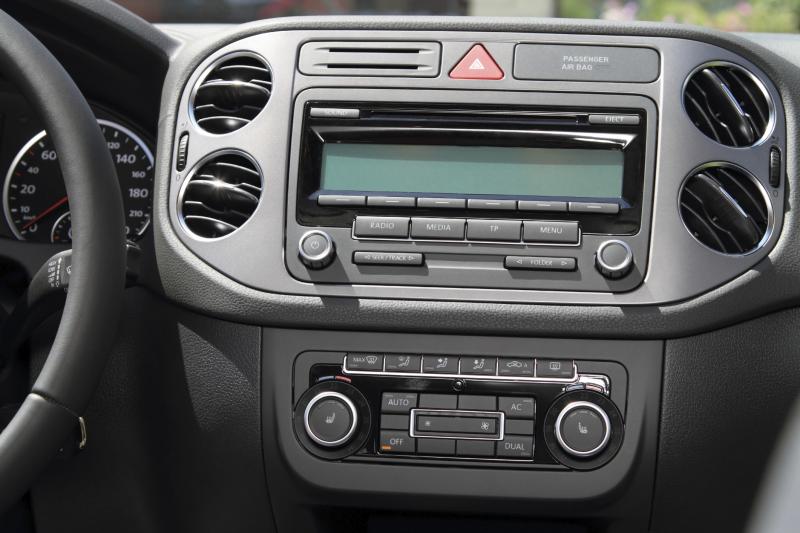
Stereo equipment hasn't just changed with the time and with tastes in music -- in a big way, it's help to make music what it is today. Back in the early days, equipment was bad at picking up and reproducing bass tones: Hence, the popularity of brass-heavy Big Band music, tenor vocals and electric guitars. But as time went on and consumer stereo systems got cheaper and more capable, heavy bass drum beats and mind-altering Dubstep hit the scene. All of which is very modern and nice, provided your stereo doesn't sound like it came from the 1930s.
One of the most common types of car stereo noise comes from grounding issues. Improper grounding can introduce whine from your vehicle's alternator. Skip using existing body bolts or mounting places as they may be isolated or have coatings that can affect the connection. It is best to use solid chassis grounding points and new installation hardware to ground your stereo or amplifier. There are other potential causes for alternator whine relating to grounding problems. These may include a heavy-duty grounding strap from the battery to the chassis as well as a solid mounting point on the engine.
Turning on an accessory that draws a lot of current such as your windshield wipers or headlights can cause a surge in voltage in the electrical system. This spike in voltage can be heard through speakers when picked up by your head unit or amplifier. This is more common with cheaper car stereo components, but may occasionally plague higher end components as well. The installation of a basic inline noise suppressor can resolve this issue. These are generally available at most retail establishments dealing in car stereo components and accessories.
Most car electrical components and the associated wiring introduce small amounts of electrical "noise" resulting from "induction fields" in the wiring. The more powerful the accessory, the more powerful the field from the accessory and the wiring that runs it. Running speaker cables and signal cables too close to these wires can allow the inductance field from that wire to work into the speakers, causing a background hiss or static. Purchase high-quality shielded twisted pair cables over traditional coaxial signal cables as a major key in suppressing this noise in your stereo system. It is also important that you ensure that you route your signal and speaker cables at least 18 inches apart from power cables when you install them in your vehicle to suppress noise.